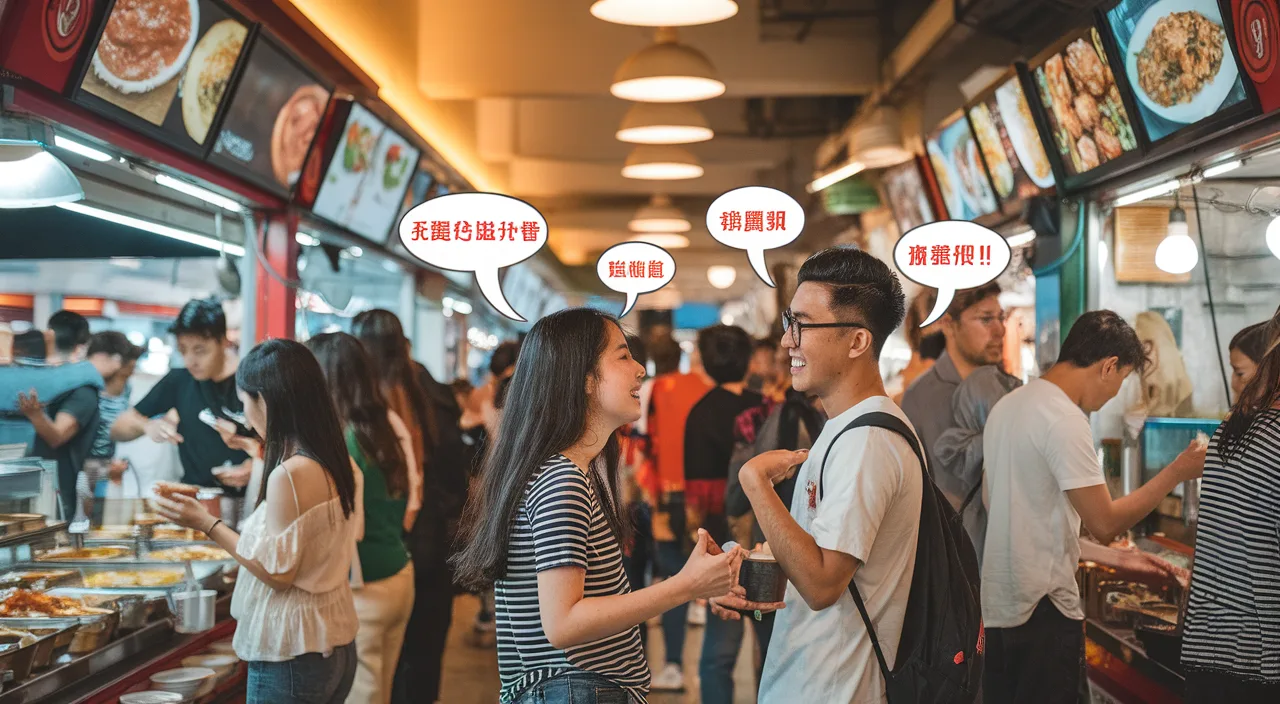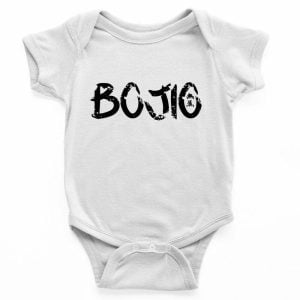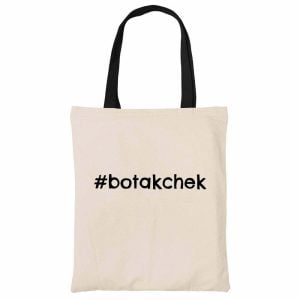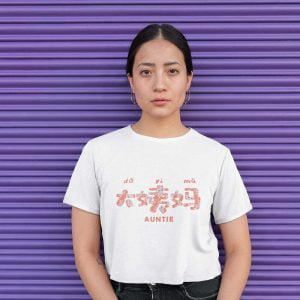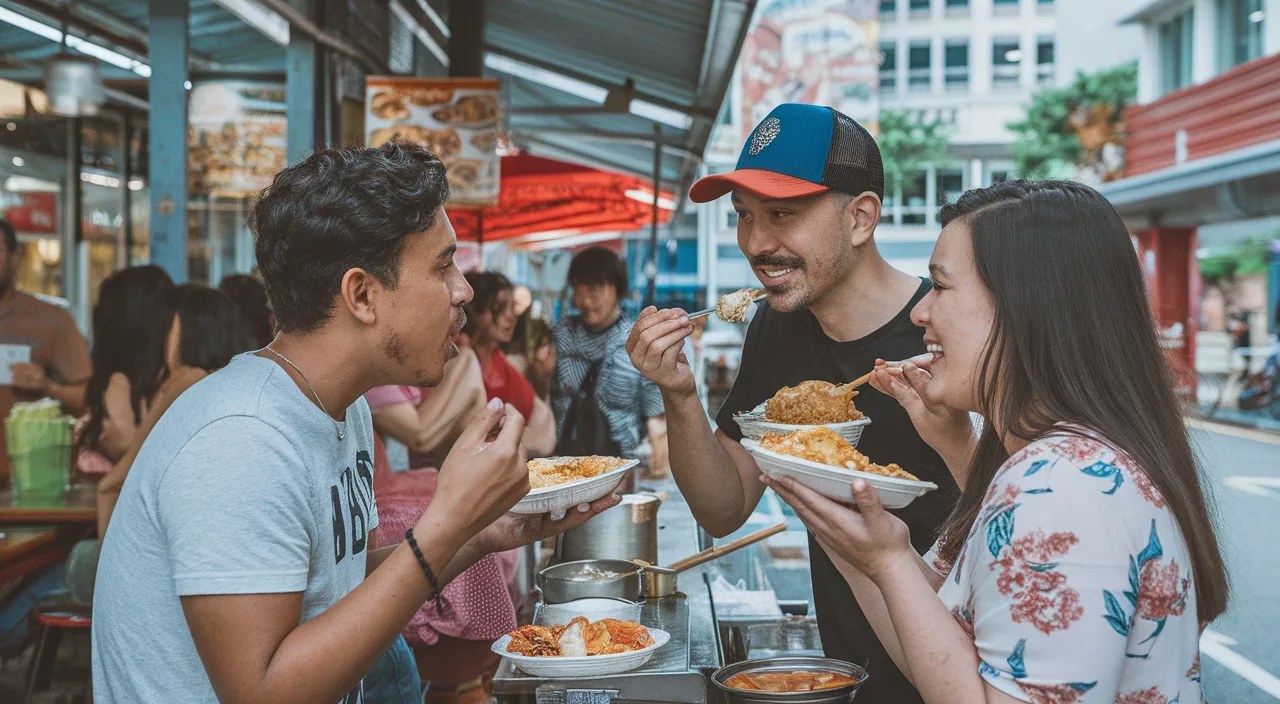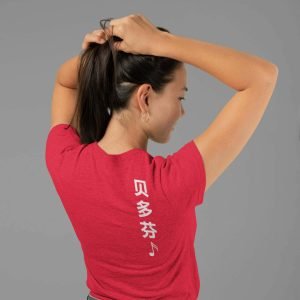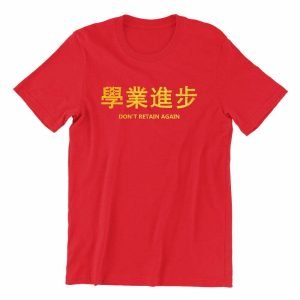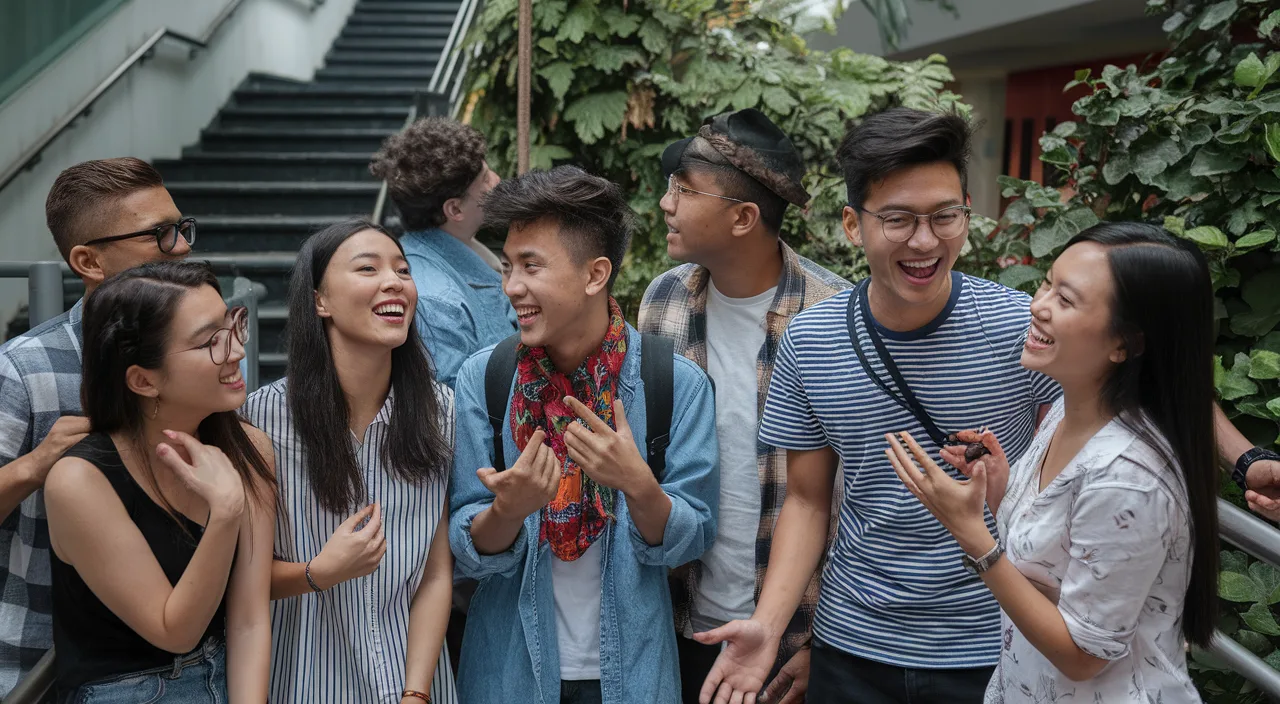What does ‘One time big time’ mean, and why is it such a power move in Singlish?
Simply put, ‘One time big time’ is Singapore’s version of go big or go home—but with more drama and local flair. This classic Singlish catchphrase packs ambition, urgency, and YOLO energy into five unforgettable words. Singaporeans use it when making bold statements—whether buying Toto tickets, asking for a promotion, or finally hitting the gym after months of procrastination.
-
Grunge, hokkien, Romper, singlish, Typography
$25.00 Select options This product has multiple variants. The options may be chosen on the product page
TL;DR Summary:
- ‘One time big time’ means ‘go all out in one shot’ in local slang in Singapore.
- Used for dramatic emphasis when doing something once, ambitiously or extravagantly.
- Common in casual conversations, especially among friends when hyping something up.
- Overusing it may make you sound overly folksy or hyperlocal in professional settings.
- This phrase is essential for understanding Singlish culture and how it reflects our identity.
- Discover how local slang in Singapore evolves through daily usage and cultural exchange.
The Rich Tapestry of Singlish: Unveiling Singaporean Slang
If language was a buffet, Singlish is the plate piled so high you can’t see the rice. It’s a beautiful rojak-style mix of English, Malay, Mandarin, Tamil, Hokkien, Teochew, and more. In this delicious linguistic blend, Singlish catchphrases like ‘One time big time’ deliver maximum flavour with every utterance.
Every time you say it, you’re drawing on decades of shared local experience. Whether scolding your friend for splurging on a new phone or hyping yourself up for a cheat meal, this phrase represents popular expressions in Singapore that capture boldness, drama, and humour in our daily lives.
Exploring the Origins of Singlish
Before we dive deeper, let’s trace back the roots. The evolution of Singlish catchphrases like ‘One time big time’ reflects how we blend multiple languages into something uniquely Singaporean.
This phrase likely combines working-class English with Hokkien sentence structures. ‘One time’ signals a single action, while ‘big time’ amplifies it—similar to Chinese dialect phrases meaning ‘one big shot’. This demonstrates classic Singlish construction: English words with local logic.
-
Chinese, Chinese New Year, KaoBeiKing, T-shirts, Typography, Women
Price range: $30.00 through $38.00 Select options This product has multiple variants. The options may be chosen on the product page
Over time, this became one of the most memorable unique phrases in Singlish, appearing in kopitiam conversations, local movies, and casual banter. Why is Singlish unique? Because it’s born from cultural fusion, not just grammar rules.
Top 10 Must-Know Singlish Catchphrases (Besides “One Time Big Time”)
If you love ‘One time big time’, you’ll appreciate this all-star lineup of Singaporean slang phrases. Here’s your guide to context and sass level:
- Liddat also can? – Expresses disbelief or shock at someone’s actions.
- Don’t play play – Serious business, not joking around.
- Catch no ball – Completely confused, didn’t understand anything.
- Stand there do statue ah? – Stop being idle, start moving!
- Bo jio! – Why didn’t you invite me?
- Lepak only – Just relaxing, taking it easy.
- Ownself check ownself – Sarcastic comment about poor self-accountability.
- Kena arrow – Getting ‘volunteered’ for unwanted tasks.
- Last warning leh – Final warning (use only if you’re serious).
- Where got? – Standard denial when accused of something.
These Singlish catchphrases aren’t just verbal quirks—they carry cultural weight. From aunties at bus stops to NS boys to friendly kopitiam uncles, these expressions create shared experiences and genuine connections when used appropriately.
Embracing Singlish Culture Today
Here’s where things get interesting. While we love being unapologetically local, there’s always this question: “Am I sounding too casual if I use this in a meeting?” Or worse—”Does my boss think I need subtitles?”
‘One time big time’ works perfectly in casual settings but using it in formal proposals, interviews, or professional emails? Wrong occasion entirely. The key is understanding when local slang in Singapore enhances communication versus when it might create barriers.
Learning how Singlish phrases reflect local identity involves mastering code-switching—we adapt our language based on our audience. With friends, we embrace full flavour. In international settings, we adjust so others don’t feel excluded from the conversation.
Uniting Through Unique Phrases
There’s something magical about how one phrase like ‘One time big time’ can unite people across different backgrounds. Whether you’re from Ang Mo Kio or Pasir Ris—when someone says it, you immediately get it. All that drama compressed into linguistic shorthand.
-
Chinese, KaoBeiKing, Singlish/Hokkien, T-shirts, Typography, Women
Price range: $30.00 through $38.00 Select options This product has multiple variants. The options may be chosen on the product page -
Chinese, Chinese New Year, Ladies, Mens, T-shirts
Price range: $35.00 through $43.00 Select options This product has multiple variants. The options may be chosen on the product page
Understanding Singlish culture means recognising these expressions aren’t ‘broken English’—they’re emotional communication tools. They convey context, mood, social relationships, and even sarcasm more efficiently than standard English ever could.
So go ahead and call your epic makan session with friends a ‘one time big time’ feast. Just don’t overuse it until someone removes you from the group chat, okay?
The Evolution of Local Dialects in Singlish
Let’s zoom out slightly. Unique phrases in Singlish like this one have roots in embracing local dialects—something experiencing a quiet renaissance today. While our parents or grandparents spoke Teochew, Hakka, or Malay at home, we filtered those expressions through English education and global media. Thus, Singlish evolved—not as replacement, but as cultural remix.
‘One time big time’ feels like it emerged from a “go big or go home” mindset—filtered through Hokkien logic and English syntax. Like traditional dialect songs with modern beats, it represents fusion at its finest.
Today, younger generations are reviving old dialect expressions, using ‘chio’ and ‘lah’ on social media, reminding the world that why Singlish is unique isn’t about grammar mistakes but cultural fluency. When you speak Singlish naturally, you connect authentically with Singapore’s soul.
Final Thought: Can You Be Too Local?
Yes and no. Saying ‘One time big time’ every other sentence might make you sound like a walking stereotype—but in the right moment, it’s pure gold. Know your context. Don’t hesitate to use Singlish catchphrases where they create genuine connections. But like chili padi, a little goes a long way.
Singlish belongs to us. Whether you use it with pride or sprinkle it in like seasoning, just own it authentically. After all, being local is never boring. One time big time? Absolutely. But not every time, can?
Frequently Asked Questions (FAQ)
- What does ‘One time big time’ mean in Singlish?
It means going all-out, doing something ambitiously in just one shot. - When is it appropriate to use ‘One time big time’?
Most suitable in casual settings—definitely avoid in formal writing or presentations! - Is ‘One time big time’ considered broken English?
No, it’s a legitimate Singlish catchphrase with deep cultural roots, not a grammar mistake. - Can foreigners use phrases like ‘One time big time’?
They can—but context matters most. Using it appropriately shows cultural appreciation. - Why is Singlish a unique language?
It blends multiple dialects and languages creating expressions rich in cultural meaning and context. - How has Singlish evolved over time?
It evolves through popular culture, digital media, and our daily interactions across communities. - Can Singlish be considered part of Singapore’s identity?
Absolutely. It’s a linguistic badge of honour that connects us as locals.

